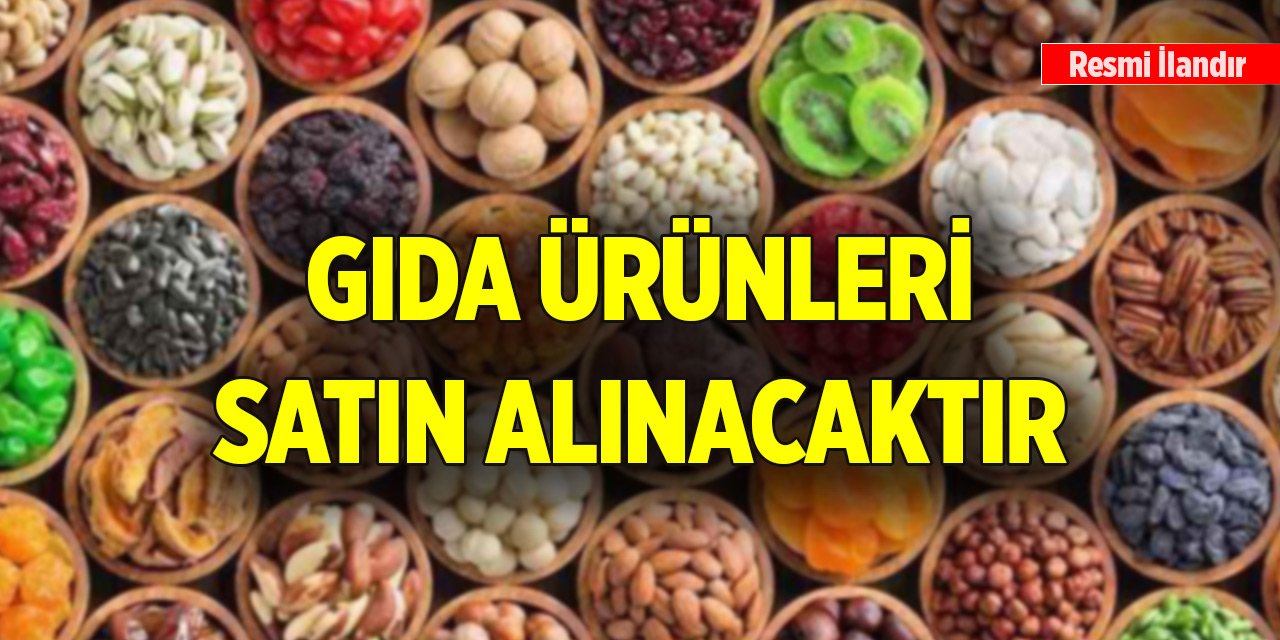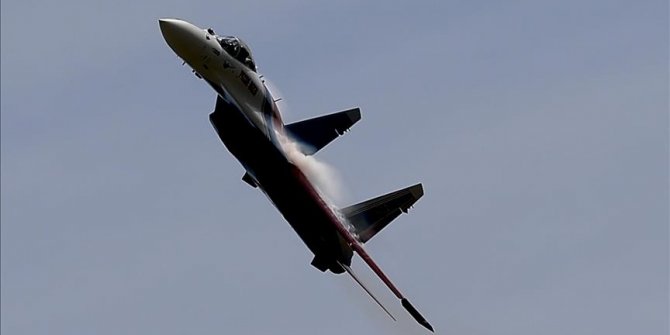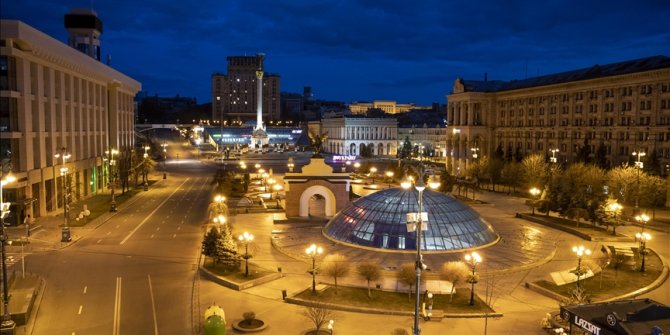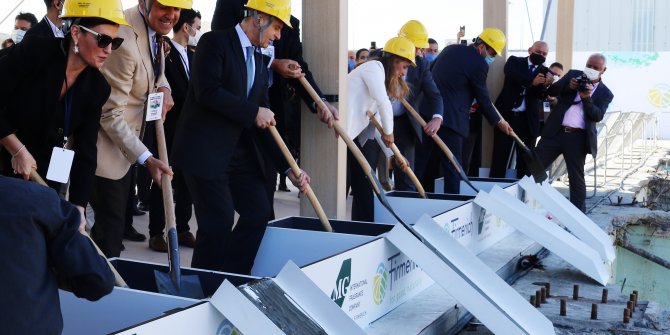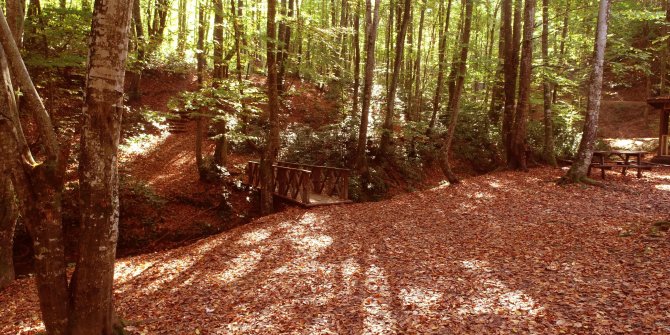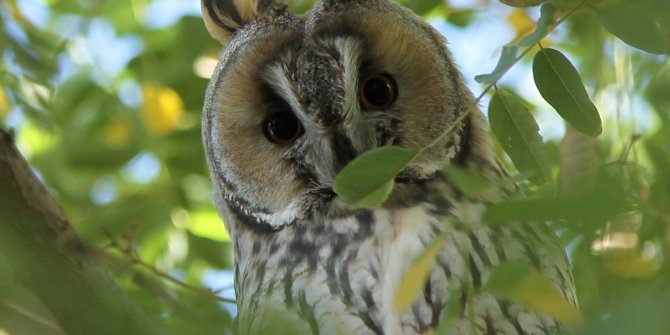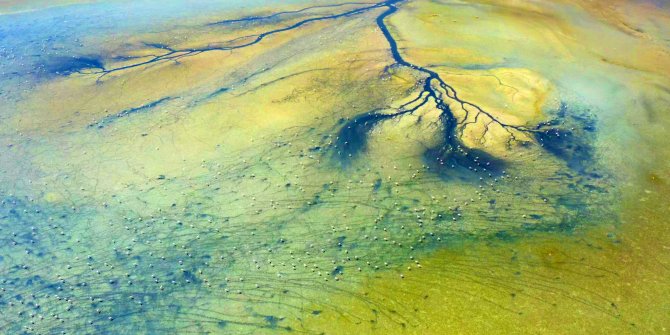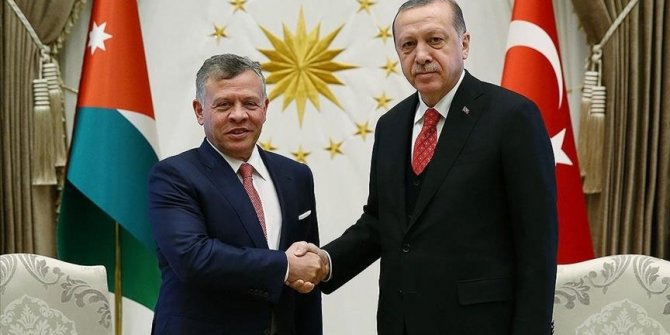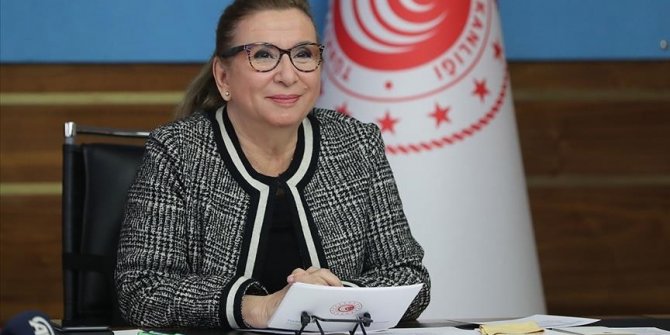Syrian children 'not alone' on Refugee Day in Turkey

"I miss my country as much as you can imagine," says 13-year-old Abdulbaki Suleyman – one of dozens of Syrian children attending an Istanbul event on Monday to mark World Refugee Day.
"I love Syria," sighs the young Homs native as he writes on a fabric bag during one of many workshops being organized for Syrian children in the Zeytinburnu district.
Leaving his war-torn hometown with his family, Abdulbaki came to Turkey 18 months ago.
He is only one of around 500 Syrian boys and girls, mostly aged between 6 and 12 who were participating in Refugee Day activities.
A large green space used by the Jockey Club of Turkey was used to run various workshops, a concert, a temporary playground and tables full of free food and drinks for Syrian youngsters.
Some were drawing pictures of a peaceful country, while others were depicting their family in happier times.
"Each one is indeed drawing their message to the world," says therapist Gamze Akarca, who is treating some of the refugee children.
Organized by an Istanbul-based foundation called the Maya Vakfi, all the activities are "aimed for unity, not for alienation", says the foundation's president.
Esra Ozsuer says: "We are not only celebrating the refugee day here but also letting the children live their childhood, showing them that they are not alone and that all the refugees are welcome."
Twenty-nine-year-old Hussam Albaghdadi, a Syrian volunteer at the event who cares for the children, says that they can clearly see the effect of what they do on the young people.
"I can see how these types of activities can change the children," Hussam says.
He was working in Damascus as a graphic designer before he came to Turkey in 2013. He wanted to start his own business but failed to do so because of the war. Luckily, he could continue his studies in Istanbul and right now is an undergraduate at a private university.
"Here, I also have the opportunity to continue what I was doing back in Damascus," he says. Previously, he worked with children with an NGO before the war started.
"At the time of war, it is really hard and devastating even for grownups. How would it be for children?" he asks. He says in Istanbul, they are "at least trying to do a small part of repairing what happened to them".
"The developments can be like small steps," he admits. "But it is always there."
"It is like planting a seed and waiting for it to grow."
